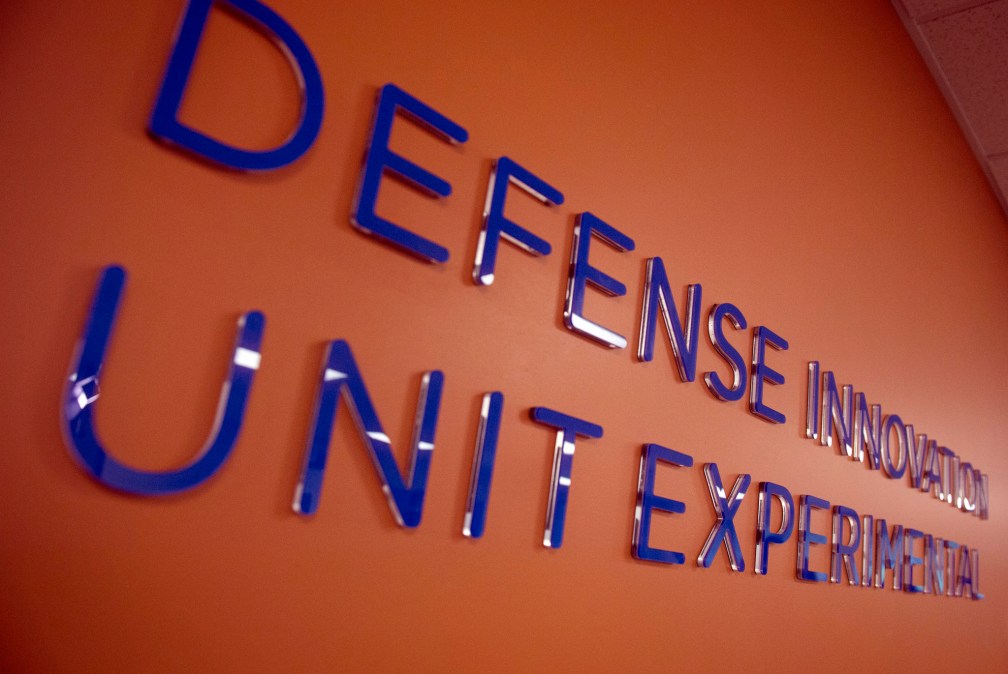DIU sees another year of growth in spending, tech transition

The Department of Defense’s Silicon Valley outpost continues to award cash to companies looking to break into the defense market, growing its number of prototype contracts and transitioned technologies in 2020, according to its annual report.
In 2020 the Defense Innovation Unit transitioned 11 programs into full production, meaning it turned a prototype deal into a follow-on contract awarded by a military department or agency.
While an increase from the nine technologies transitioned the year before, it is a small drop in the massive bucket of tech programs run across the DOD.
DIU increased metrics across the board, including new programs started, some of which were launched to contain the spread of the coronavirus in service members. 2020 was DIU’s fifth year of existence, a milestone that was not guaranteed since it was set up as an experiment by then-Secretary of Defense Ash Carter.
The DIU has been the darling of some technology innovation advocates, with its former director calling for a “10x” multiplication of its budget in a congressional hearing. But the challenge for offices like DIU is not necessarily getting companies to build prototypes but rather scaling innovation and disruptive technology use across the massive department. In its five years, DIU has only transitioned 26 technologies, according to the report.
“Now is the time to supercharge DOD access to innovation,” Raj Shah, the first DIU director said during a hearing for the House Armed Services Committee’s Future of Defense Task Force in 2019.
Another change to DIU’s operations this year was the breadth of programs it worked on. It launched 23 new programs, a 35 percent increase over 2019. It placed a large focus on tech that could enhance the DOD’s response to COVID-19. One program created wearables that could detect subtle changes in the wearer’s behavior to identify infected service members.
Another new program Blue sUAS found success outside of just the military, giving agencies options to purchase drones that meet security requirements. The program certified five drones that met cybersecurity and other standards for government use in the face of concerns over Chinese-made drones. Local government agencies also have access to the program.
Artificial intelligence-based technologies continue to be a priority for DIU, the report noted. DIU is not alone in its interest, with similar rapid acquisition offices like AFWERX prioritizing AI procurement as their largest budget area.






